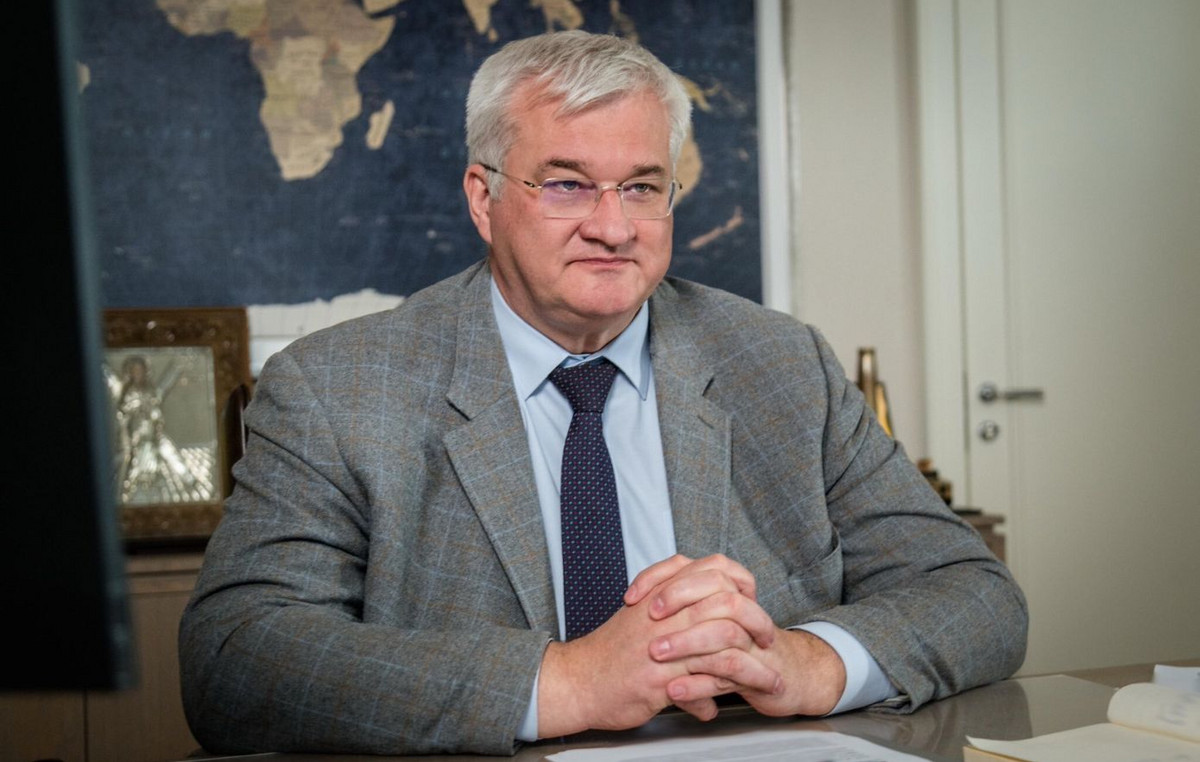Doctor Ludhmila Abrahão Hajjar took on the position of professor at the Department of Clinical Medicine, in the Discipline of Clinical Emergencies at the Faculty of Medicine of the University of São Paulo.
Present this Tuesday (26) were the Minister of Planning and Budget, Simone Tebet, the governor of São Paulo, Tarcísio de Freitas, the state secretary of Government, Gilberto Kassab, and the president of the Chamber of Deputies, Arthur Lira.
Also present were the ministers of the Federal Supreme Court (STF) Gilmar Mendes, Cristiano Zanin and Kassius Nunes Marques, the attorney general of the union, Jorge Messias, the minister of the Superior Court of Justice, Benedito Gonçalves and the professor of the department of cardiopneumology at the USP medical school, doctor Roberto Kalil Filho, godfather of Ludhmila’s inauguration.
Singers Marisa Monte and Criolo also attended the event.
During her inauguration speech, the doctor highlighted the importance of education and opportunities to achieve goals: “I learned that through education I could help people, give back a little of what life gave me. Life has given me a lot.”
Ludhmila Hajjar highlighted the importance of public health as a pillar for Brazil’s growth. “I feel very honored by the presence of so many important people, people who make laws, enforce laws, demonstrating the commitment that Brazil has to education and health,” she said.
She also thanked her godfather, Dr. Roberto Kalil Filho: “I hope that in the future you will be proud.”
The governor of São Paulo, Tarcísio de Freitas, closed the event, stating that Ludhmila Hajjar’s appointment renews hope. “It will honor the tradition of this school and make a difference in people’s lives,” said the governor.
Violent and degrading hazing
The new professor criticized recent cases of violence and degrading situations involving medical students.
“This under no circumstances has any representation of what it means to be a doctor. Being a doctor is that person who brings peace, heals, tries to comfort. It is not representative of a criminal act or vandalism. This does not represent medicine,” Hajjar said.
Source: CNN Brasil
I’m James Harper, a highly experienced and accomplished news writer for World Stock Market. I have been writing in the Politics section of the website for over five years, providing readers with up-to-date and insightful information about current events in politics. My work is widely read and respected by many industry professionals as well as laymen.







